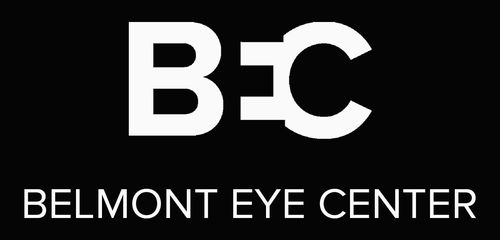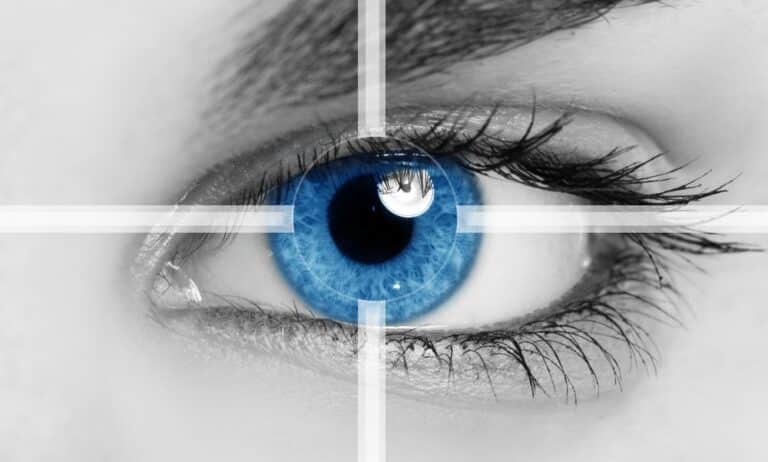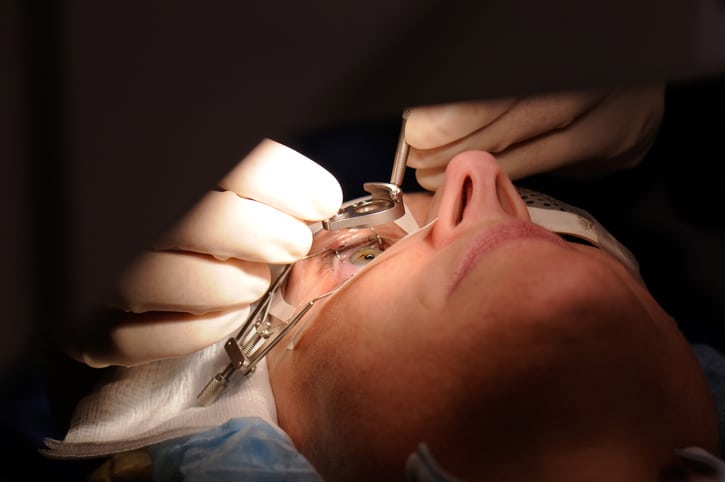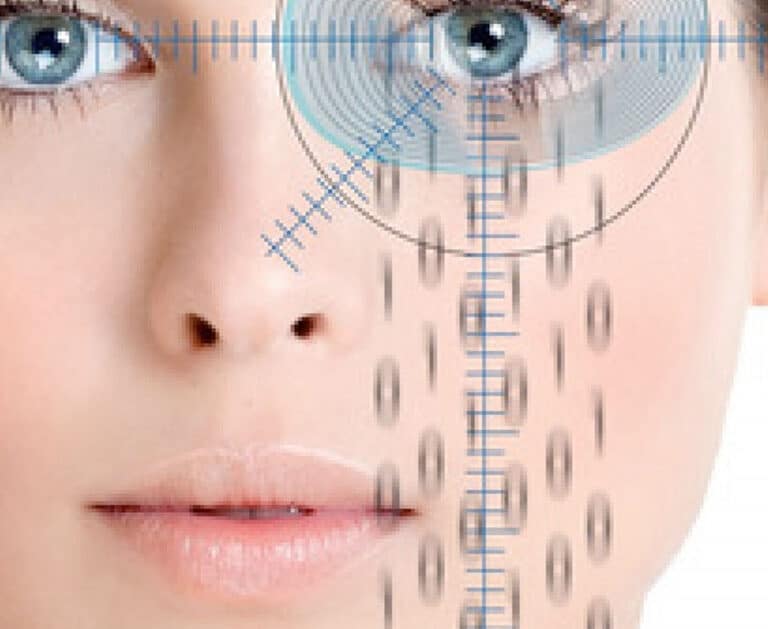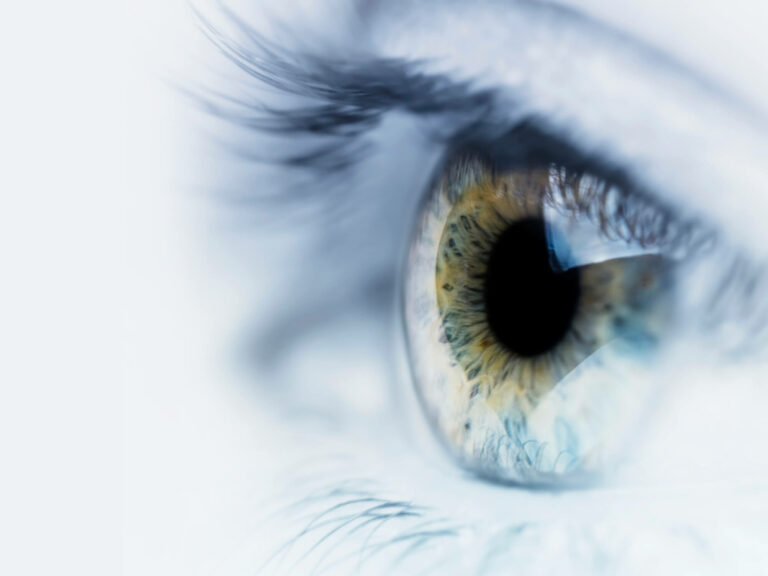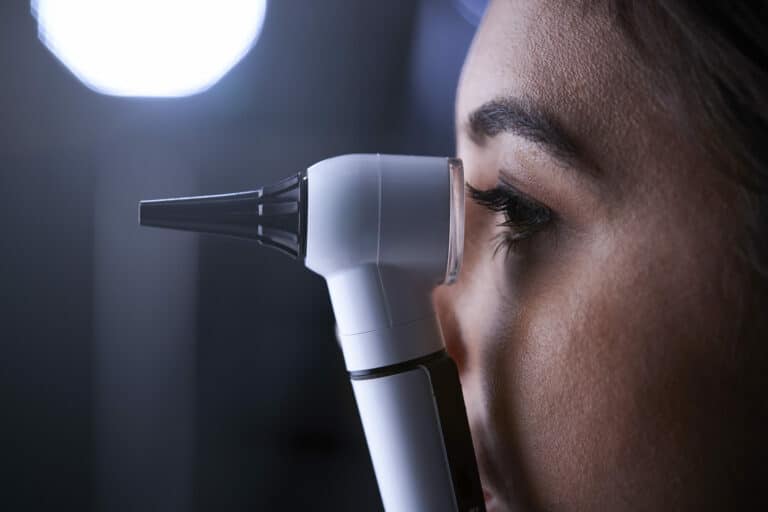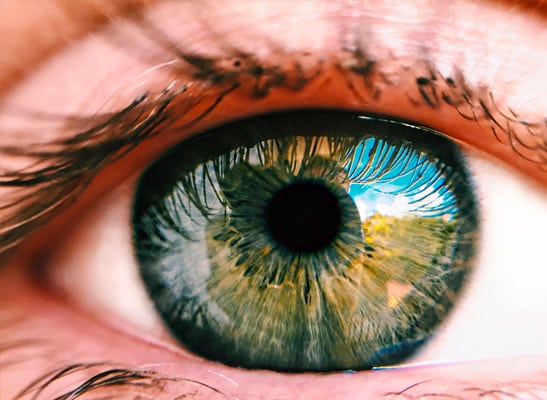COVID-19 Update: Belmont Eye Center and Safety Measures
In accordance with the American Academy of Ophthalmology, the New York State Ophthalmological Society and the American Medical Association, The Belmont Eye Center doctors and staff have implemented the following precautions to reduce any potential exposure to COVID-19. Doctors and staff have all tested negative for Covid-19. All staff are screened and temperature checked with…
Read MoreALL ABOUT LASIK and No-Cut LASIK: WHAT IS IT, AND WHAT TO EXPECT
You’ve probably heard of LASIK surgery but not its state-of-the-art variant; No-Cut LASIK. You may be considering having one or the other, but what exactly are these procedures and what is the difference between them? LASIK (an acronym for Laser in-situ keratomileusis) is a treatment that uses an excimer laser to reshape the cornea (the…
Read MoreHarvard Health: What to Expect from Lasik
For new patients who are interested in a LASIK procedure with Dr. Belmont, a good start off point for additional knowledge on the process is the below link to an overview from Harvard Health. As mentioned in the article, the typical candidates for LASIK surgery include: Nearsightedness (myopia)—clear, close vision but blurry distance vision that…
Read MoreMANAGING PAIN AFTER NO-CUT LASIK/PRK
The benefits of No-Cut Lasik, or Surface ablation, are endless. However, like any surgery, there is a postop recovery process for each patient. Under the personalized directives from Dr. Belmont, postop recovery optimization and elimination of pain are easily managed. In addition, here are some other tips to keep in mind: Vitamin C 500…
Read MoreWhy NO-CUT LASIK/PRK IS THE SUPERIOR OPTION FOR VISION CORRECTION
Belmont Eye Center News,What's New
Surface ablation, or No-Cut LASIK/PRK, continues to maintain a strong foothold in an increasingly competitive refractive surgery field. Some surgeons use the procedure more than in the past or even exclusively, arguing that today’s advanced technology can make visual recovery faster, postop pain more manageable and complications easier to prevent, positioning this pioneering form of…
Read MoreADVANCEMENTS IN TREATING RARE FORM OF SITE LOSS
Some very exciting news for patients who experience site loss as a result of retinal dystrophy. In particular, this treatment is prescribed for patients whose conditions is a direct result of inheriting a flawed RPE65 gene from both parents. RPE65 is imperative for providing the pigment that light sensitive cells require to properly absorb light….
Read More3 REASONS TO WEAR YOUR SUNGLASSES ALL YEAR ROUND
It might be difficult to imagine wearing sunglasses at all times of the year, especially on a snowy or overcast winter day. However, it is smart to don your sunglasses in summer, in winter and on most of the days in between. Why? NYC LASIK surgeon Dr. Sandra Belmont shares the top three reasons you…
Read MorePREMIUM IOL CHOICES TO FIT YOUR LIFESTYLE
During cataract surgery, New York City cataracts surgeon Dr. Sandra Belmont gently removes the cataract-diseased (cloudy), natural lens inside your eye that is causing poor vision and replaces it with an intraocular lens implant (IOL), so the patient can see clearly after surgery. Some patients choose a traditional monofocal IOL, which only offers clear vision…
Read More5 TYPES OF TOYS THAT POSE A HIGH RISK FOR EYE INJURIES
It may surprise you to know that every year about 250,000 children visit hospital emergency rooms throughout the United States for toy-related injuries, according to the U.S. Consumer Product Safety Commission. Approximately half of these are head and face injuries, including many eye injuries. What can you do to help keep your child’s eyes safe?…
Read More7 BAD HABITS THAT CAN PREMATURELY AGE YOUR EYES
Nobody wants to exhibit signs of premature aging on their face, and many people take precautions to avoid this. However, it is less common for people to take steps to avoid prematurely aging their eyes. Why is this? Perhaps it is because most individuals are not even aware they are practicing bad habits that are…
Read More